KOLBE’S GREATEST BOOKS are often confused with BRITANNICA’S GREAT BOOKS. The two are alike in that they are compilations of outstanding written contributions to the advancement of civilization. The only question is: What civilization are they advancing? Kolbe’s Greatest Books are all part of the Judaeo-Christian, Greco-Roman natural law tradition. Britannica’s Great Books of the Western World, edited by Robert Hutchins and Mortimer J. Adler, are often antithetical to this tradition.
Greatest Books: Politics – Law – Social Theory
Greatest Books: Theology
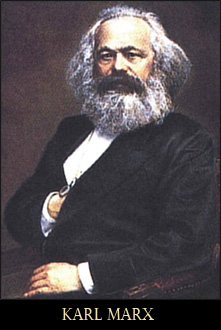 Britannica’s Great Books include thinkers such as Karl Marx, Friedrich Hegel, Sigmund Freud, Charles Darwin, Niccolo Machiavelli, and Jean Jacques Rousseau; these men are atheists, deists, agnostics, anti-Christians, and revolutionaries. The Great Books collection also includes an additional series of 102 “Recommended Readings” that embrace thinkers antithetical to Christian civilization such as Ivan Pavlov, the father of classical conditioning, Sir James Frazier who endeavored to reduce Christianity to a human construct and the Son of God to a myth. They also include Herbert Spencer, a social evolutionist and cultural determinist, the agnostic Thomas Huxley, and others such as the François-Marie Arouet (Voltaire) and the deist Thomas Paine who waged ceaseless war against Christianity. According to Paine, the Christian system of faith is “derogatory” and “repugnant””.
Britannica’s Great Books include thinkers such as Karl Marx, Friedrich Hegel, Sigmund Freud, Charles Darwin, Niccolo Machiavelli, and Jean Jacques Rousseau; these men are atheists, deists, agnostics, anti-Christians, and revolutionaries. The Great Books collection also includes an additional series of 102 “Recommended Readings” that embrace thinkers antithetical to Christian civilization such as Ivan Pavlov, the father of classical conditioning, Sir James Frazier who endeavored to reduce Christianity to a human construct and the Son of God to a myth. They also include Herbert Spencer, a social evolutionist and cultural determinist, the agnostic Thomas Huxley, and others such as the François-Marie Arouet (Voltaire) and the deist Thomas Paine who waged ceaseless war against Christianity. According to Paine, the Christian system of faith is “derogatory” and “repugnant””.
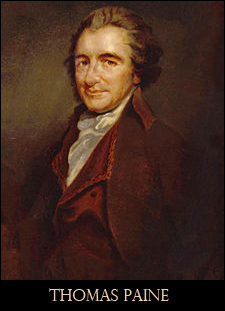 “Of all the systems of religion that ever were invented, there is no more derogatory to the Almighty, more unedifiying to man, more repugnant to reason, and more contradictory to itself than this thing called Christianity. “.
“Of all the systems of religion that ever were invented, there is no more derogatory to the Almighty, more unedifiying to man, more repugnant to reason, and more contradictory to itself than this thing called Christianity. “.
Voltaire signed his letters Écrasez l’infâme! — “crush the wretch” by whom he meant the Catholic Church. He made her destruction the center of all his efforts. According to Voltaire, enlightened statesmen and philosophers should focus all their efforts on destroying the church’s “infamous missionaries”; they should be willing to “risk all things, even to be burned in order to destroy it. Let us crush the wretch! Crush the wretch! Écrasez l’infâme!”
In short, the “Great Books of Western Civilization” are not the “Greatest Books of Christian Civilization”— the Great Books are often arrayed against Christian Civilization. Is it a good thing to introduce young underdeveloped minds to advanced thinkers such as Hegel and Freud before they have developed critical intellectual skills as well as knowledge and understanding of their own intellectual-cultural tradition? We can do to better than this.
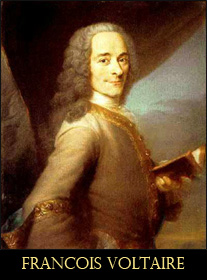 Nonetheless, for the very reason that the Great Books are often antithetical to ideas expressed in the Greatest Books, they help students develop dialectical thinking skills, analytical judgment, and substantive evaluation, which are essential to intellectual formation.
Nonetheless, for the very reason that the Great Books are often antithetical to ideas expressed in the Greatest Books, they help students develop dialectical thinking skills, analytical judgment, and substantive evaluation, which are essential to intellectual formation.
Consequently, The Great Books form a part of Kolbe’s series to be respectfully approached after students have had a solid formation in their own tradition including studies of history, theology, social science, philosophy, and literature from a perspective of faith and reason, fides et ratio.
Parents and professors need not cower to those who claim that education in the Christian tradition, including faith and reason, is tantamount to indoctrination rather than the freedom and emancipation that accompany wisdom toward which liberal education aims:
[]=
Faith is not indoctrination; faith is enlightenment
that helps keep one from being indoctrinated.
Intellectual formation that includes faith and reason is the highest guarantor of freedom. When faith and reason are coupled with higher dialectical studies, including many of the authors of the Great Books, the mind is sharpened, fine tuned, and intellectually challenged thereby leading to the work of further expansion. As a result of dialectical studies, the mind is continually exercised leading to increased insight, to new discoveries and the joy of finding creative solutions to antithetical challenges coming from many different directions. These challenges tend to sharpen the intellect, enhance focus and increase mental acuity thereby preparing students for life in the “real world”, a world wherein the wisdom contained in the Greatest Books necessarily dialogues with contrary and often inimical ideas.”
In authentic education, reason is regent (in a spirit of charity). Aquinas defines law as a dictate of reason; law cannot validly be a force of the will as some ideologues would have it; nor does faulty or undemonstrated reason have the force of law. Law is a rule of reason it is not an undemonstrated dictate of the will (minority or majority). If an idea is to be accepted, it must have the force of right reason (rex ratio) behind it: Human beings have minds that must be developed and respected. Demagoguery is an affront to human dignity.
Britannica’s Great Books of the Western World, although graced with sagacity and wisdom, are unfortunately laced with deceit and chicanery. Such books are properly introduced to students after they have explored, become conversant with, and demonstrated sufficient mastery, of their own broader Christian tradition, which includes Judaism, the pagan natural law tradition that begins in classical antiquity, and the writings of Christian savants, scholars, scientists and statesmen that are available in Kolbe’s Greatest Books of Christian Civilization.
Without The Greatest Books, The Great Books often become a stumbling block rather than a blessing.

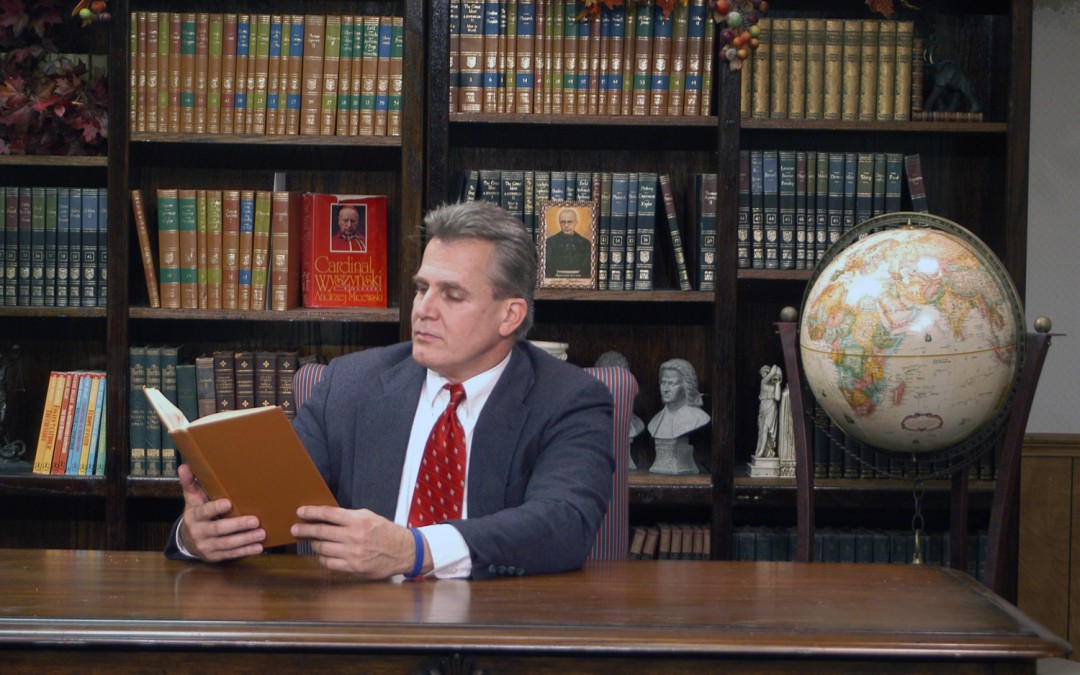



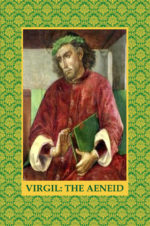
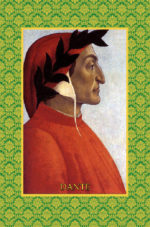


Dobry artykuł. Super stronka.
God, I feel like I should be taking notes! Great work!
Thanks for taking time for sharing this article, it was fantastic and very informative. as a first time visitor to your blog Have you considered promoting your blog? add it to SEO Directory right now 🙂 http://www.links.m106.com
Dear admin, thanks for providing this blog post. I found it great. Take care,